Over the course of nearly a month, I have played as Augustus of Rome who became Spanish, dropped a nuclear bomb on Benjamin Franklin, and spent almost 150 hours getting to grips with everything Civilization 7 has to offer. At its core, Civilization 7 is still a Sid Meier’s Civilization game: you want to play turn after turn, soaking up its wonderfully detailed map, epic soundtrack, and empire-building minutiae that make you feel either incredibly intelligent or incredibly stupid, as Trung Trac rolls her tier three tanks over your undefended borders.
But this is also Civilization 7. There’s a twist in the formula. Between every age – Antiquity, Exploration, and Modern – you change civilization. This is a mechanic that I disliked in Humankind, a similar 4X game that tried to change the classic approach, and in Civilization 7 it will undoubtedly be divisive. However, over my many hours, I began to adore the strategy of civilization changes. From Rome’s overpowering infantry to the Mongol’s cavalry horde, your options vary wildly game to game. New unique units, buildings, and ways to dominate your opponents open up step-by-step. There are just so many choices to be made. As a result, Civilization 7 is a perfectionist’s dream – more so than any game in the series before it.
Art Style
First, I’ve got to address the art style, as this has always been a big community talking point. I’m a fan of Civilization 5, I play it more than I do 6, and I still run multiplayer games with my friends – although it’s become harder since Windows 11 killed the game unless you do some finagling. Civilization 6 just never spoke to me in the way that Civilization 5 did, even after all of its DLC. Civilization 7 takes the art style of the two previous games and slams them together. It’s bright and colorful like 6, but detailed and realistic like 5. It is completely gorgeous, and you can’t really experience it until you get the game yourself and spend time zooming in on every unit and every unique district – several of my 150 hours were taken up doing just that over and over.
Civilization Changes And The Ages System
At first, I disliked the idea of changing civilizations as your empire grows older. I thought it might take away from the core idea of Civilization as a series: you watch your civilization grow through the ages, led by a nuclear-hungry Gandhi. It turns out, however, that the Age system and the transition between civilizations adds so much to the game. Each Age feels like its own distinct era, with unique victory conditions. Even if you lose the Antiquity Age, you might be able to use your Legacy Points (more on these in a moment) or next civilization to come back into the game.
In previous games, it often felt like the game snowballed out of your control early on. One civilization has an excellent start and that is all it takes to ruin your chances of winning. Civilization 7 isn’t like that. Strategies develop over the entire playthrough rather than at distinct breakpoints. More civilizations mean more unique units to play with, which means that your civilization doesn’t feel like it drops off in any particular era. There’s more diversity to the type of victories you can go for. You might start strong with a Culture victory in Antiquity, but there’s no reason why you can’t adjust your empire to Economics in the Exploration Age.
This flexibility is achieved via the new Legacy Points system. If you achieve a Golden Age in an era (win the game in a particular age), you can carry forward powerful buffs for your empire – like improved Amphitheatres, or retaining converted cities. But even if you lose, you can attempt a Dark Age. These provide interesting tactical choices which reward you with potentially powerful buffs, though they come with a downside. My favorite is the military Dark Age for the Exploration Age: lose all your cities, but receive three stacked armies with siege equipment. Why not try for an all-out war on one of your neighbors? It might give you the opportunity to get back into contention.
Micromanagement Is Largely Gone
Everything I’ve learned from interviews with developers, the developer livestreams and developer blog posts, is that a major aim for Civilization 7 was to encourage players to actually finish an entire game. While civilization changes and the Age system keeps everything fresh on a turn-by-turn basis, there’s also been some massive improvements to just how much micromanagement you need to do in your empire.
Builders are gone, which means there’s one less unit to worry about. Cities now grow by simply clicking on empty tiles and resources. Army management is so much better, because you can use the Army Commanders to stack multiple units on a tile and move them as one. The reinforcement system allows you to transport units across the map without having to manually move them. The Town and City system means that half your settlements don’t require production queue management, as Towns are unable to build anything – everything is purchased with gold.
There’s still plenty to click on in Civilization 7, don’t get me wrong, and those who love to painstakingly mull over every single choice will still have lots to think about. But much of the slow and repetitive grind of moving units and choosing buildings to produce is gone. It’s healthy for the game, especially for those particularly long, multi-hour sessions, deep into the endgame, which more players should now reach.
Multiplayer Live-Service
All of these changes seem geared towards multiplayer in a way that previous Civilization games have never really managed. I was able to jump into a small multiplayer session and the experience was extremely smooth. The new meta-progression system – with character-unique unlocks and mementos that provide game-changing buffs that you earn by playing the game – also seems to lean into more customization for multiplayer games.
Again, this will be divisive. The idea of my beloved Civilization turning into a fully-fledged live-service title doesn’t fill me with joy either. Bearing in mind that some leaders are already locked behind day one DLC, my main concern jumps immediately to game balance and pay-to-win. Pay to win? In Civilization? What on earth is happening here?
Thankfully, this doesn’t impact Civilization’s main single-player experience, and other than some fear of missing out on new leaders, the game’s roadmap is actually packed with plenty of free content alongside the inevitable paid DLC that will be released over the next decade.
Only time will tell exactly how Civ will balance these two audiences, and what they may mean for further-off updates, but for now it doesn’t feel single-player is being deprioritised.
Civilization 7 Isn’t Actually Finished
Discussion of the live-service model leads to an important point: Civilization 7 isn’t finished. It won’t be for some years. Both Civ 5 and Civ 6 were not finished on release either. Civ 6 didn’t really kick off until a couple of years into its release, and I imagine it’s going to be the same for 7. However, from my experience with the game so far in terms of bugs and game smoothness, this is gearing up to be one of the more seamless Civilization launches we’ve seen over the past 20 years.
Sticking Points, Problems, And Performance
There are a few things that Civilization 7 is missing that might annoy some long-term players of the series, too. There’s no option to turn on quick-move for units. This does my head in completely. Some units move so unbelievably slowly. There’s also no option to set your scouts and units to auto-explore. Considering how much effort has been put into removing micromanagement, this feels like a massive oversight that I imagine a patch will fix in time.
Game customisation also feels quite lacking compared to previous games. There aren’t many options to change your starting bias, map type, or civilization distribution. It all feels quite barebones at the moment, which means, after a while, games start to feel quite same-ish and repetitive.
The AI is classic Civilization, so it’s not brilliant by any means. It seems to have a weird obsession with settling cities in completely stupid places, often in the tiny gaps between your own settlements. Opposing civilizations also receive extremely high yield buffs and combat bonuses on higher difficulties to make up for their silly decision-making. There’s a lot going on in a Civilization game, and I understand that more complex AI might just break the experience. Oh well. There’s always the next game in ten years. Maybe they’ll get it right that time.
Thankfully, in terms of bugs and performance, I’ve had very few issues. One annoying bug sometimes means that buildings don’t finish production and become eternally stuck, but I haven’t figured out how to recreate this bug yet. It just seems to happen occasionally. Performance has been incredibly smooth, with no crashes, quick load screens, and consistent fps, even during the later stages of the game when the map is completely packed with buildings and moving units.
Civilization 7 is an enormous game and to try and summarize it all in a review is a difficult task. I’ll say Civilization 7 has completely surprised me. I was ready to hate the new civilization and age system, I was ready to grumble at the sneaking live-service features. Instead, I’ve fallen into a deep obsession with Civilization again. The game fills me with a warm fuzzy feeling that makes me feel like a child rushing home to play Civ 4 on a dusty old beat-up CRT with a packet of biscuits and no responsibilities.
This game will devour your hours, chew up your days and spit you out in a hungry, sleep-deprived blob. I can’t wait to play its multiplayer mode after so long in a single-player that isn’t quite fully fleshed out yet. I can’t wait to spend hours figuring out unique strategies for each leader and civilization. I can’t wait to finally beat the Deity AI with any other victory condition than military dominance, which is still the easiest way to win. Oh, and the Mongolian theme music is the greatest Civilization music we’ve had to date.
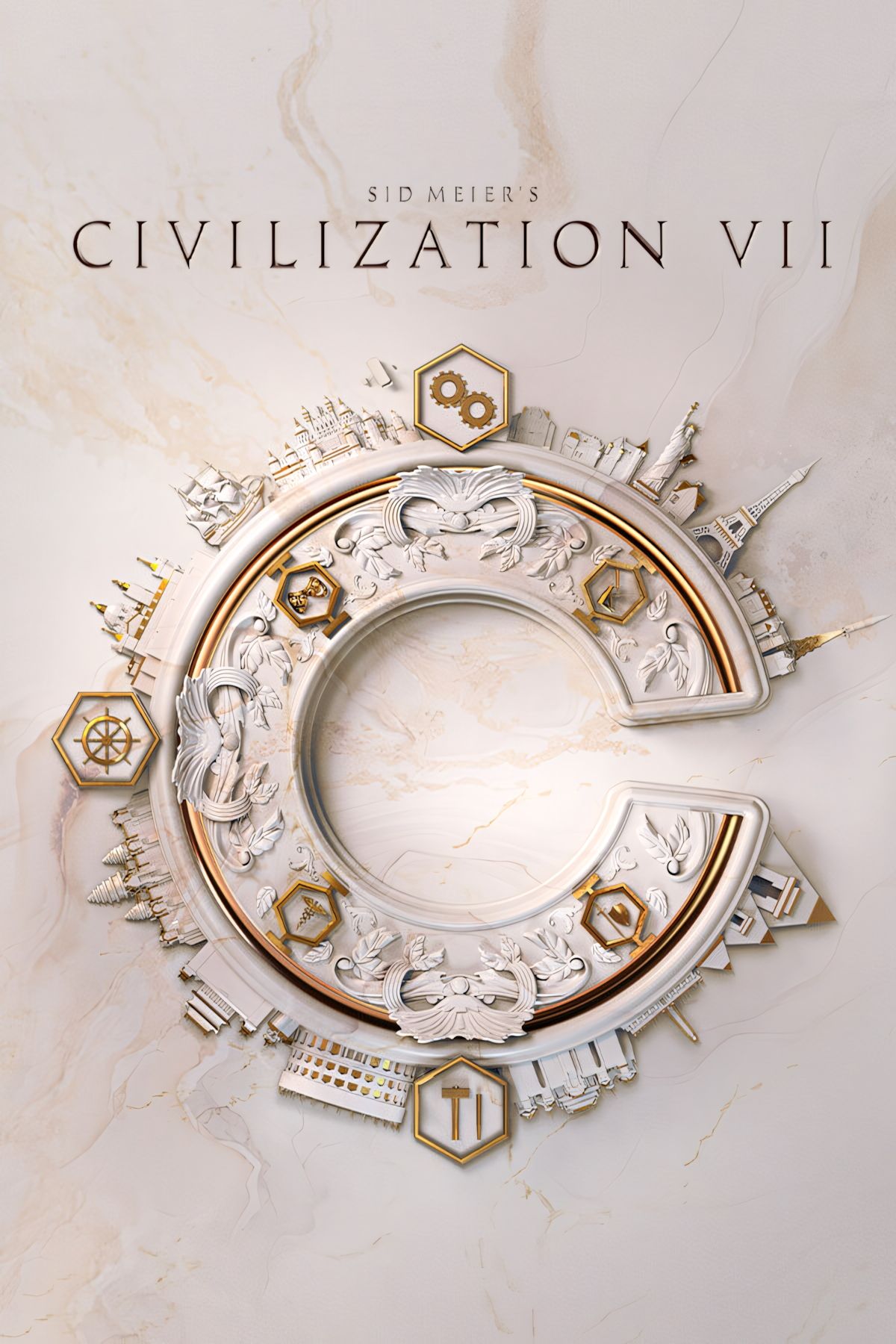
Grand Strategy
Turn-Based Strategy
4X
- Released
-
February 11, 2025
- ESRB
-
t
- Developer(s)
-
Firaxis Games
- The Ages system is surprisingly great
- Beautiful art style and sound design
- Classic Civilization feeling
- Some missing customization and game options
- Live-service leaders don?t feel like Civilization
- The game is not really finished yet
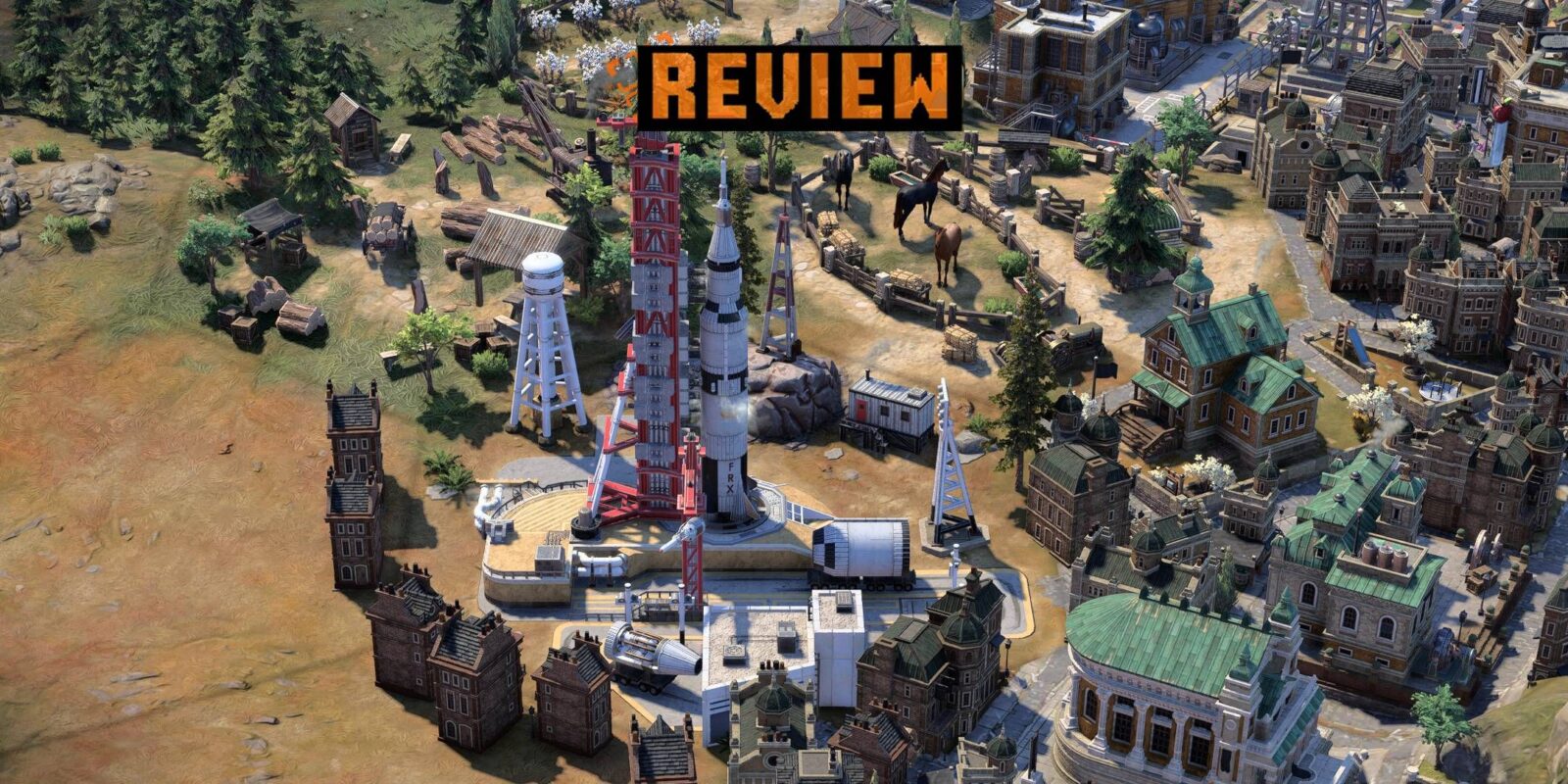

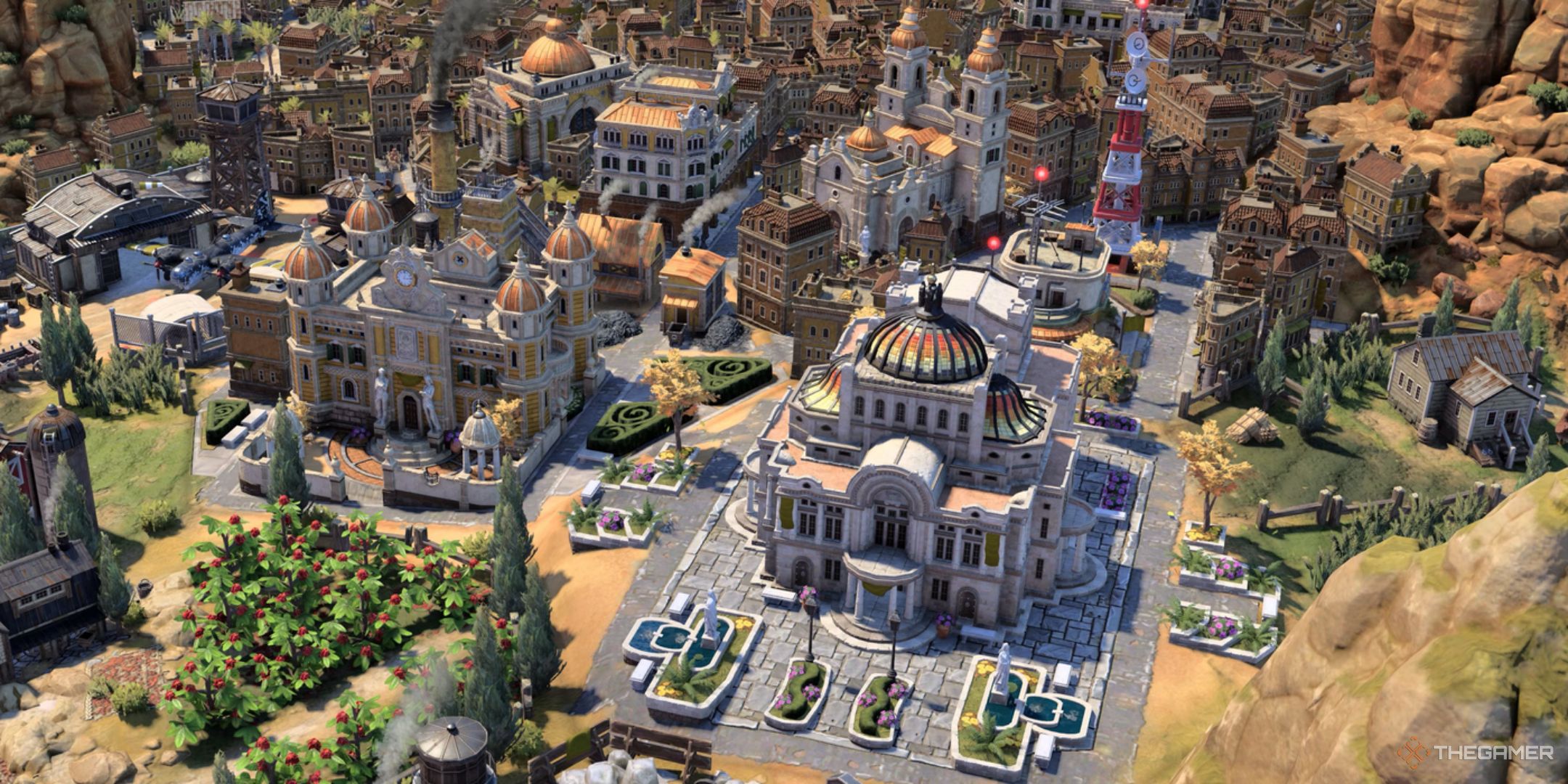
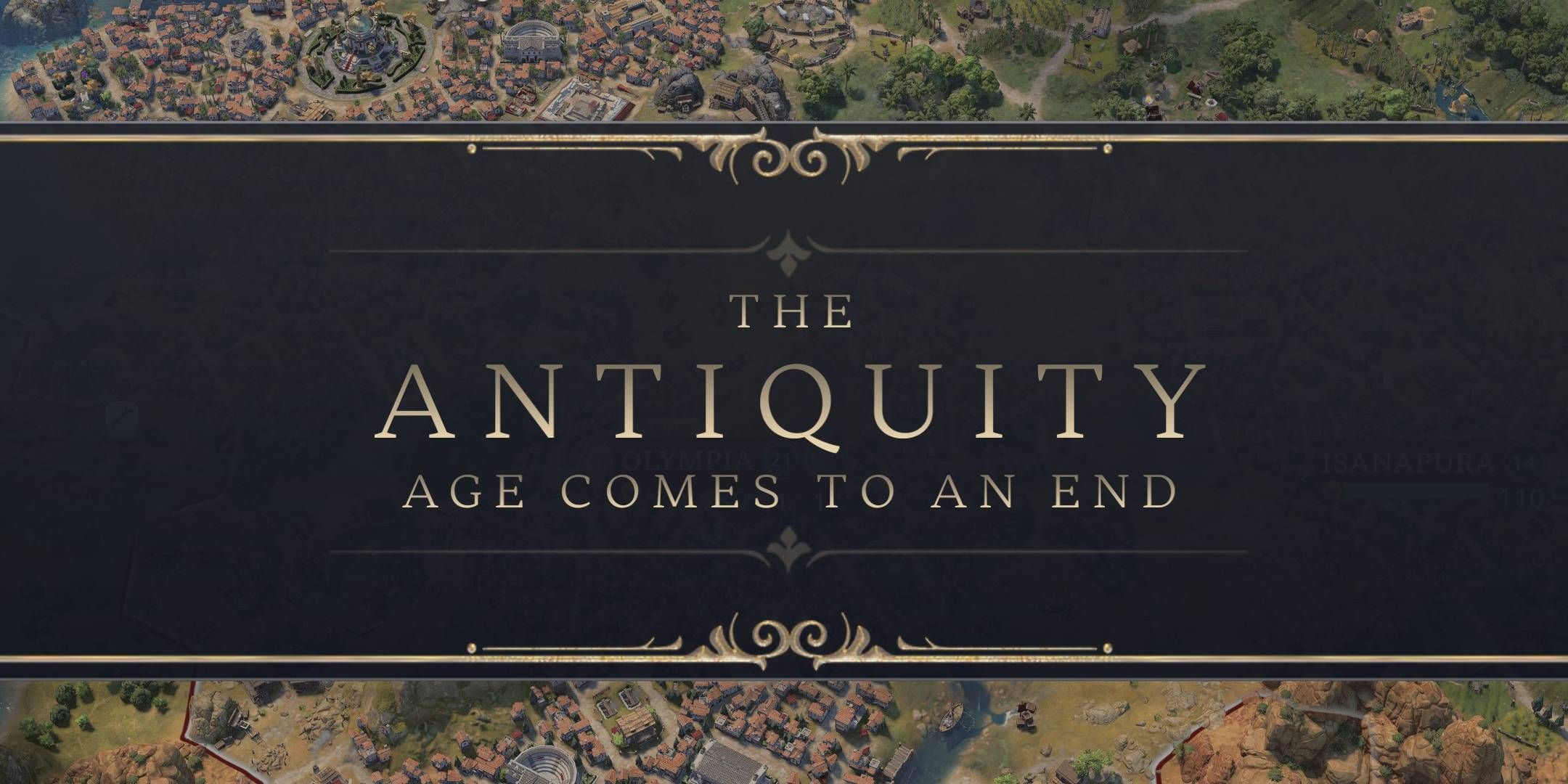
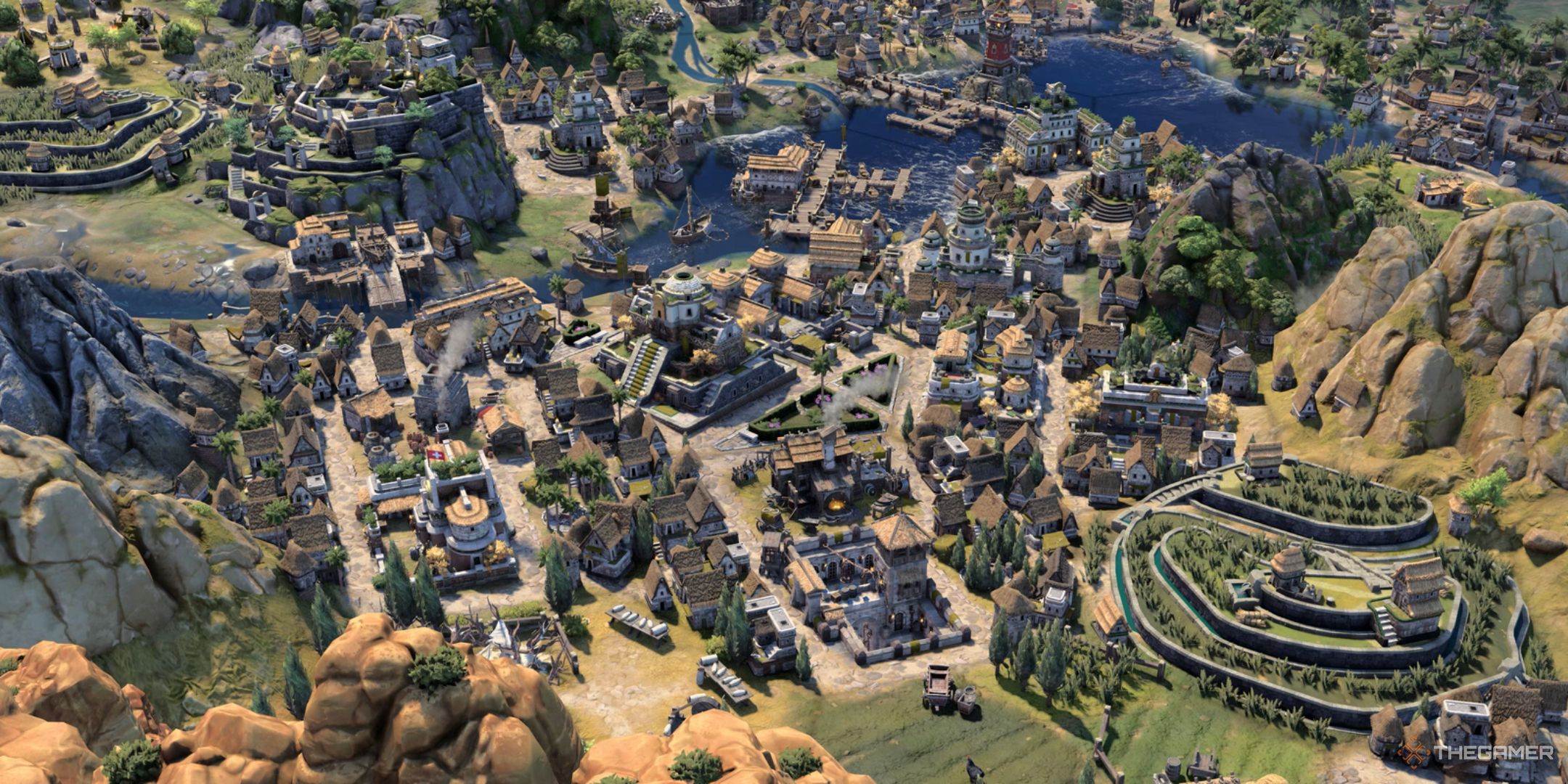
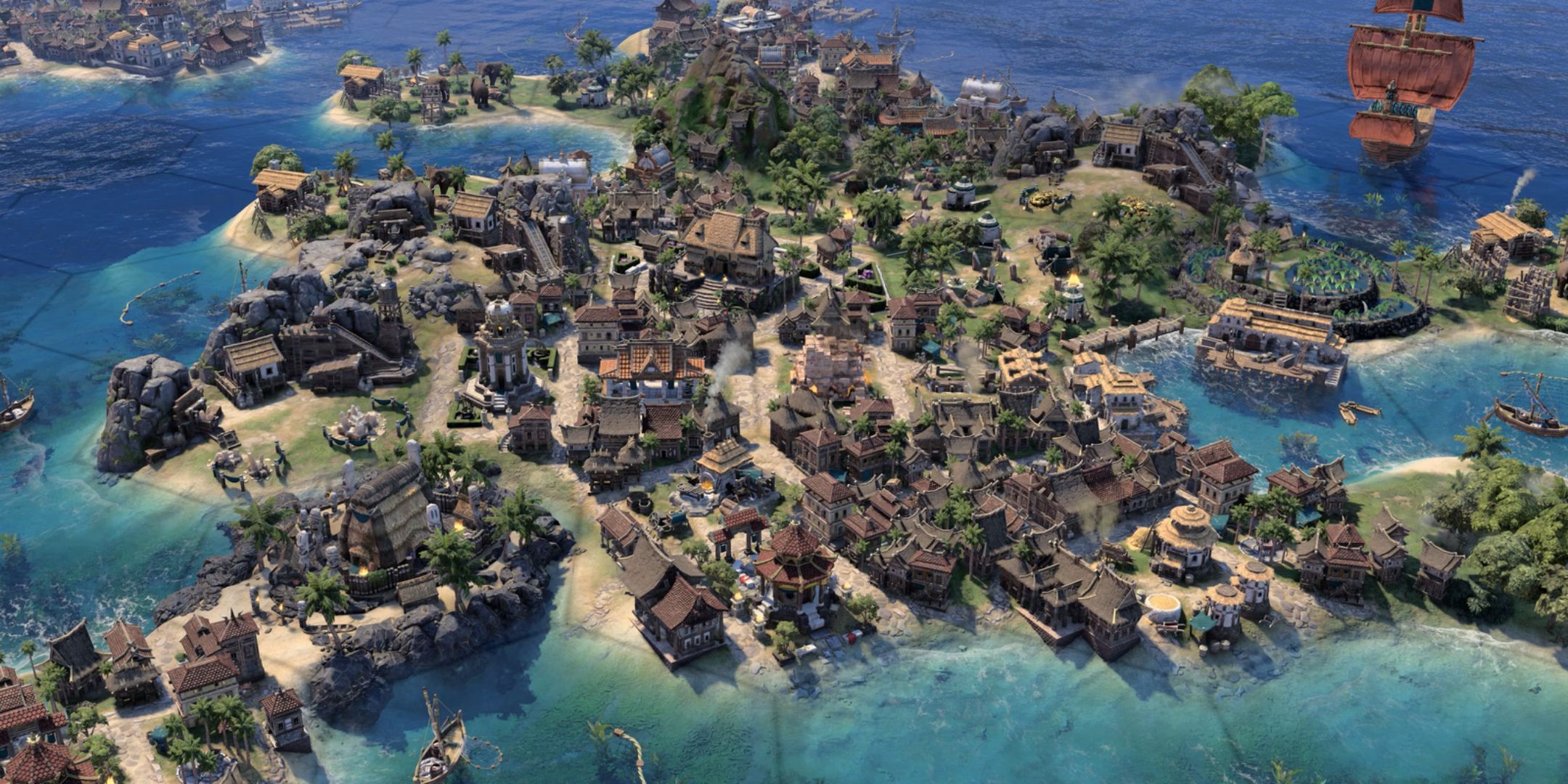



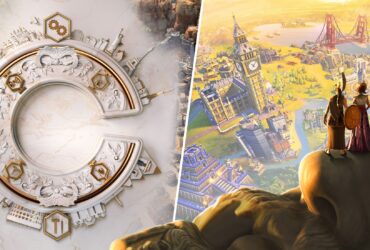


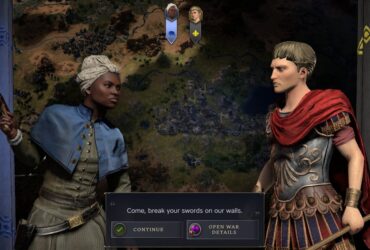

Leave a Reply